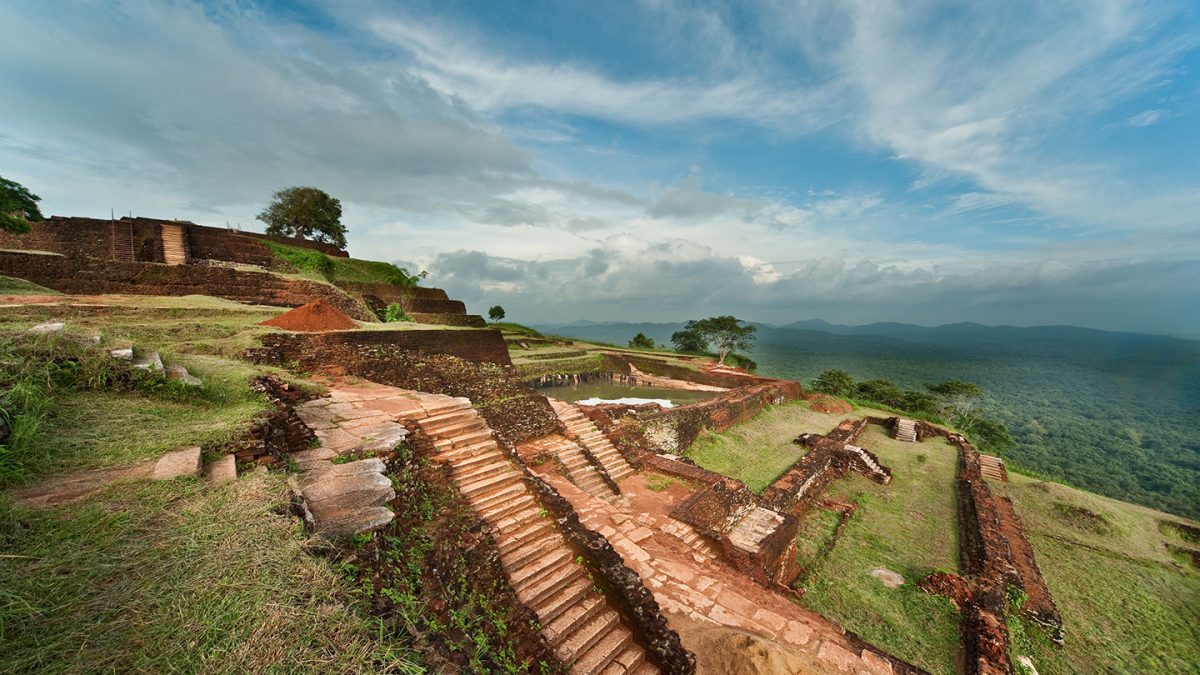
You’ve got questions, we’ve got answers.
We know you’ll have some queries about travelling to Sri Lanka, and we’re here to put your mind at ease (so you can stop scratching that head of yours).
- Is it safe to travel?
Following the April 2019 attacks, security has been increased across the island. This includes checkpoints, which are likely to be put in place for events attracting large crowds, such as festivals or cultural events. The Sri Lankan authorities have made a number of arrests in relation to the attacks, and security operations are ongoing.
- Is daily life back to normal in Sri Lanka?
Daily life has returned to normal, as it was before the Easter Sunday attacks. Companies are open as usual, children are back to school and all facilities and services are running smoothly. The country is now focused on healing and recovering from the devastating incidents that took place on Easter Sunday.
- What is the current security situation like?
Sri Lanka has worked hard to provide a higher sense of security throughout the country. Since the state of emergency was lifted in August, security levels have remained strong, offering a sense of comfort and safety for residents and tourists.
- Are the accommodation centres safe?
As with all our accommodation, everything is audited to standards set by the School Travel Forum (STF). This criteria is based on information and guidance from educational authorities. Whilst local laws and standards have to be taken into consideration, as they may differ from country to country, our standards do not. We are happy to provide copies of our hotel audits should you wish to see them.
- Was the whole of Sri Lanka physically affected by the Easter Sunday events?
No. Physical damage was inflicted on specific areas of the island including Batticaloa, Colombo and Negombo.
- Do Sri Lankans speak English?
Yes, English is spoken throughout the Island and is widely used for tourist and commercial purposes. The official language of Sri Lanka is Sinhala and Tamil. The Sinhala language is spoken by the Sinhalese people, who make up around 70% of the national population. The Tamil language is spoken by Sri Lankan Tamils, who account for approximately 3 million people.
- Is a visa required to visit Sri Lanka?
Yes, you will need a visa to enter Sri Lanka. However, if you’re staying for less than 30 days, the Sri Lankan immigration authorities recommend that you get a visa online (ETA) from the official portal before you decide to travel. Luckily, the Sri Lankan authorities have chosen to waiver visa fees for visitors arriving in the country before 31 January 2020. This applies to short trips of up to 30 days. For the latest information and advice on visas, check with the Sri Lankan High Commission in the UK.
- Are vaccinations required?
There are no compulsory vaccinations for Sri Lanka that are required by law for travellers to gain entry into the country. However, vaccinations are strongly recommended. For short term stays, the usual recommendations include cover against well-known childhood diseases such as Tetanus, Diphtheria and Poliomyelitis, Measles, Mumps and Rubella. In addition, given the prominence of food and water borne diseases, it’s important to cover against Typhoid and Hepatitis A. For longer stays or for those deciding to explore and trek in the countryside, cover against Hepatitis B and Rabies is also recommended.
- What currency is used in Sri Lanka?
The Sri Lankan Rupee is the currency of Sri Lanka.
- Is travelling to Sri Lanka, right now, a good decision?
There are currently no warnings out against visiting the island, so travelling is completely safe. A great method to gauge this is the travel advisory levels, which are set by the US government. The US government has assigned Sri Lanka a Level 2 Travel Advisory, which means that tourists should exercise increased caution when visiting. This is a very common level, with France, Mexico and the United Kingdom all possessing Level 2.
Still not got your answer?
Talk to us on 01332 347 828 or message us your question – whatever suits you.